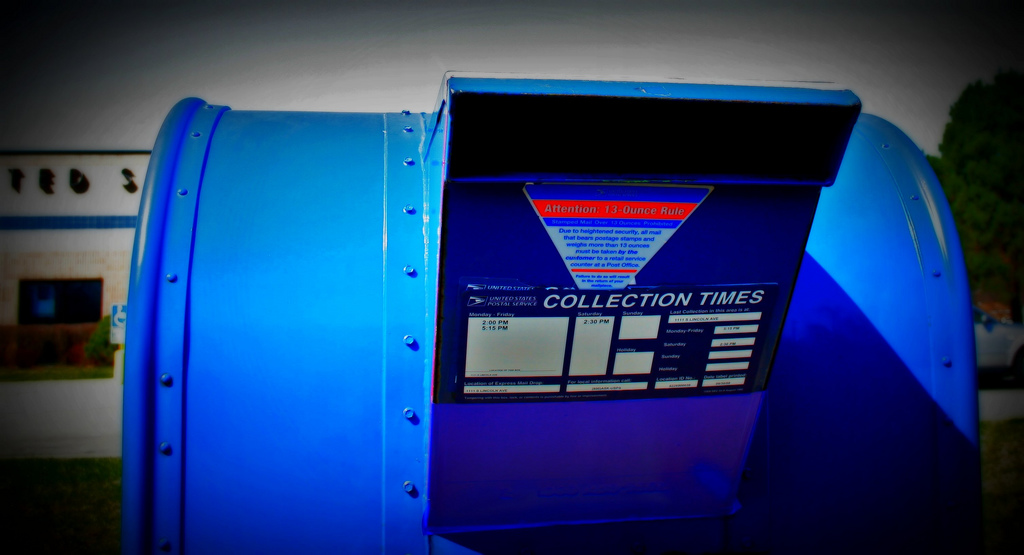
 Feb 20, 2025
Feb 20, 2025States Not Currently Supporting Tax Direct File in 2025:
- Alabama
- Arkansas
- Colorado
- Delaware
- Georgia
- Hawaii
- Illinois
- Indiana
- Iowa
- Kentucky
- Louisiana
- Michigan
- Minnesota
- Mississippi
- Missouri
- Montana
- Nebraska
- North Dakota
- Ohio
- Oklahoma
- Rhode Island
- South Carolina
- Utah
- Vermont
- Virginia
- West Virginia
Which States are Participating in Direct File in 2025?
Direct File is available for taxpayers who lived and worked in one of these participating states for all of 2025:
- Alaska
- Arizona
- California
- Connecticut
- Florida
- Idaho
- Kansas
- Maine
- Maryland
- Massachusetts
- Nevada
- New Hampshire
- New Jersey
- New Mexico
- New York
- North Carolina
- Oregon
- Pennsylvania
- South Dakota
- Tennessee
- Texas
- Washington state
- Wisconsin
- Wyoming
Direct File Eligibility in Participating States in 2025
To be eligible for 2025 IRS Direct File in the participating states, taxpayers must meet these criteria:
Income Requirements:
- Income only from W-2 wages/salaries
- Income from unemployment compensation
- Social Security benefits
- Interest income of $1,500 or less
Tax Situation Requirements:
Must take the standard deduction (cannot itemize). From Direct File, one can claim credits including:
- Earned Income Tax Credit
- Child Tax Credit
- Credit for Other Dependents
Limitations:
Cannot have income from:
- Self-employment/gig work
- 1099 income
- Business income
- Investment income beyond simple interest
Filing Status:
- Single filers
- Married filing jointly
- Head of household
- Qualifying widow(er)
State-Specific Considerations:
- Must be a resident of one of the participating states for the entire tax year
- State tax situations must also be relatively straightforward
- Different states may have additional specific requirements
Income Limits:
The program generally targets taxpayers with simple returns and modest incomes. Some states may have specific income thresholds
This pilot program is intentionally limited to taxpayers with straightforward tax situations. You will need to use alternative filing methods if you have more complex tax situations (investments, rental property, self-employment, etc.).
Always check the IRS website or your state’s tax department for the most current eligibility requirements, as they may change as the program expands.
Disadvantages of Tax Direct File
- Limited eligibility – Typically only available for simple tax situations with standard deductions and limited income types
- Less guidance – This may offer fewer explanation tools and tax optimization suggestions than commercial products.
- Limited support options Often have fewer customer service channels than commercial tax preparation services.
- Basic interface – This may lack user-friendly features found in commercial products developed over many years.
- State tax limitations – May not handle state tax returns, requiring separate filing processes.
- Lack of year-round access – Commercial services often offer year-round access to tax documents and planning tools.
- No audit protection – Unlike some paid services, it typically doesn’t include audit defense or representation.
- Transitional challenges – If you’ve used another service previously, you may need to enter past information manually
Before choosing Direct File, consider your tax situation complexity, comfort with tax concepts, and whether you might benefit from the additional features of commercial tax preparation services.
Tags:





 Willem Veldhuyzen
Willem Veldhuyzen No Comments
No Comments

